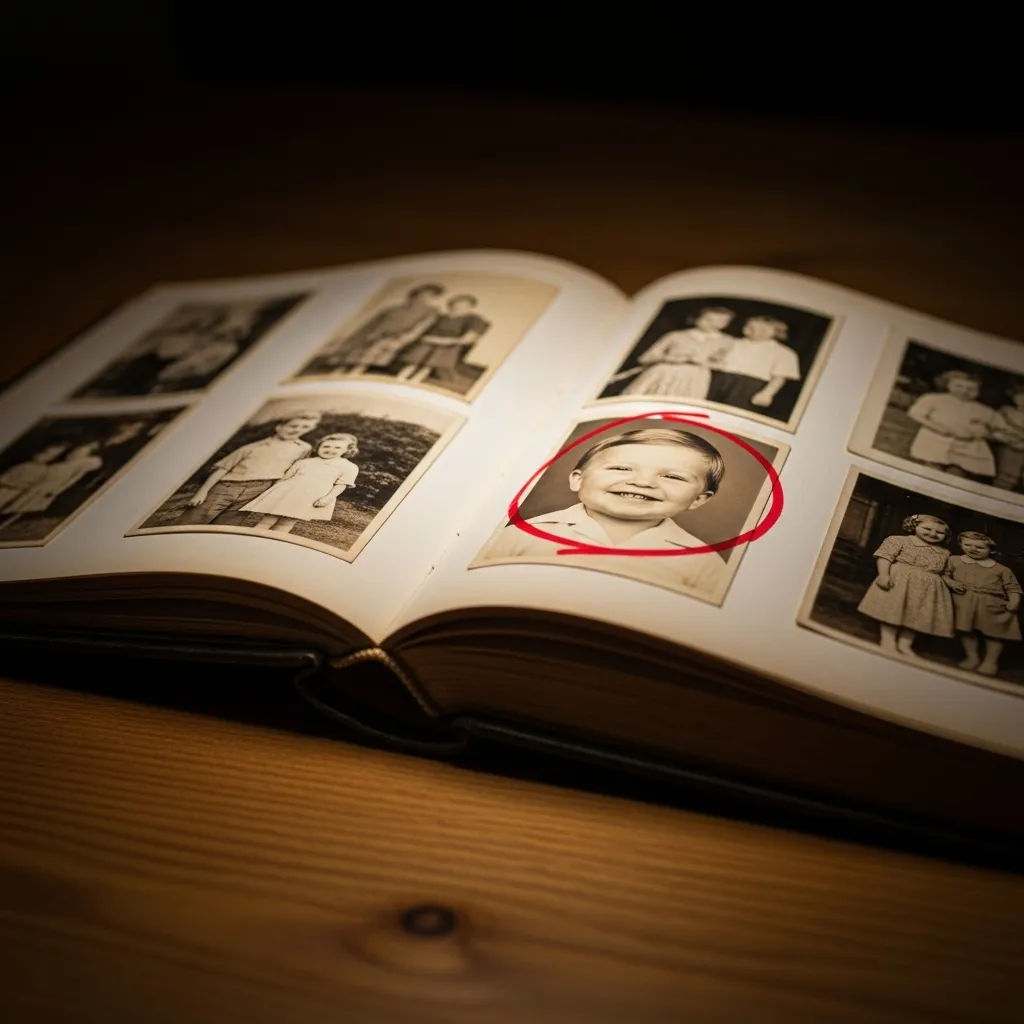
The Modern View: Why Psychology Pumped the Brakes
The archetypes are compelling, and it’s easy to see ourselves and our loved ones in these descriptions. However, when researchers began to conduct large-scale, scientifically rigorous studies, the clear, powerful effects of birth order started to dissolve. The “surprising truth” that emerged from decades of research is that birth order’s influence on core personality traits is, at best, incredibly small and, at worst, nonexistent.
So, how does birth order affect your personality in reality? Modern psychology suggests that the connections we see are often illusions created by a combination of flawed early research and our own biases. One of the biggest challenges to the theory is the presence of “confounding variables”—other factors that are tangled up with birth order and can better explain the differences we observe.
A crucial concept to understand here is confirmation bias. This is the natural human tendency to notice and favor information that confirms what we already believe, while ignoring evidence that contradicts it. If you believe your older sister is a “typical firstborn,” you’ll notice every time she takes charge of a situation but forget all the times she was spontaneous or needed help. We see the pattern because we are looking for it.
The Real Influences Hiding Behind Birth Order
Once scientists started controlling for these other factors, the birth order effect virtually disappeared. Here are some of the most significant variables that provide a better explanation for who we are:
Family Size and Socioeconomic Status: These two are often linked. In many societies, larger families are more common in lower socioeconomic brackets. A firstborn in a two-child, high-income family has a vastly different experience than a firstborn in a six-child, low-income family. The firstborn in the larger family might have more responsibility out of necessity, not simply because they were born first. Early research failed to account for this, lumping all “firstborns” together.
Parental Age and Education: Parents are at different stages of their lives and careers with each child. A 25-year-old first-time parent will likely have a different parenting style, energy level, and financial stability than they will as a 35-year-old parent to their third child. These parental changes have a much greater impact than the child’s ordinal position.
Gender: The expectations placed on a firstborn son can be dramatically different from those placed on a firstborn daughter, especially in more traditional cultures. Gender roles and societal expectations often override any subtle birth order effect.
Age Gaps Between Siblings: A child who is born seven years after their older sibling is, in many ways, like a “functional firstborn.” The family dynamic is completely different from one where siblings are only 18 months apart. A large gap allows for a reboot of the parental focus, while a small gap creates more direct competition and interaction.
Blended Families: What happens when two families merge? A child could be both a firstborn and a middle child simultaneously. These complex family dynamics show how simplistic the original birth order labels are.
In a massive 2015 study published in the Proceedings of the National Academy of Sciences, researchers analyzed data from over 20,000 people across the United States, Great Britain, and Germany. They found no significant effect of birth order on the major personality traits like extraversion, emotional stability, agreeableness, or conscientiousness. They did find a very slight correlation between being a firstborn and having a slightly higher IQ, but the difference was so minuscule as to be meaningless on an individual level. For more information on evidence-based personality theories, the American Psychological Association (APA) offers extensive resources.
This doesn’t mean our family experiences don’t matter. They matter profoundly. It just means that the simple number of your birth slot isn’t the magic key we once thought it was.











